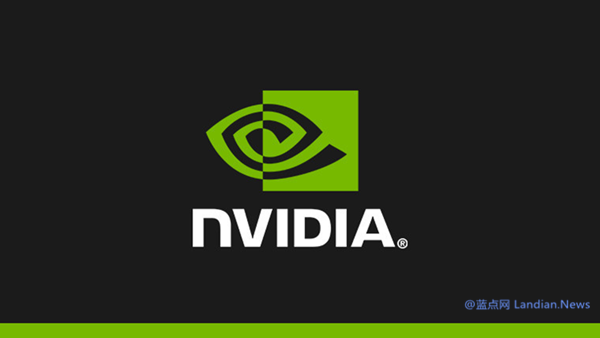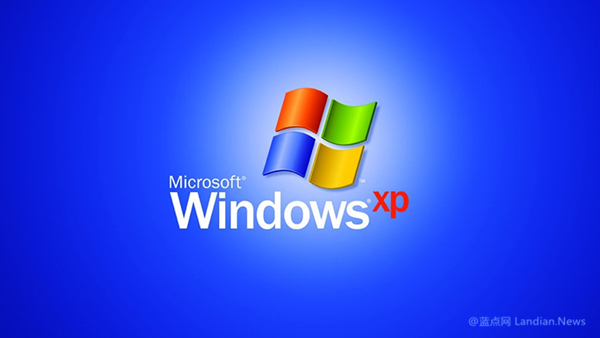Microsoft Partners with AMD to Develop AI Chips, Reducing Dependency on NVIDIA Solutions
In April, there were reports that Microsoft was developing its own AI-dedicated processor, codenamed Athena. Now, there's an update to this story, with Microsoft providing financial support to AMD for entering the AI chip market and taking charge of the research and development of these chips.

Microsoft's foray into AI chips comes as no surprise, given the importance of chips in the AI industry. Currently, NVIDIA dominates the AI chip market with its A100 and H100 accelerator cards, controlling the infrastructure of the AI sector. Google, Microsoft's competitor, has already launched its own AI chips, which are available for rent on Google Cloud but not for sale.
Microsoft's collaboration with AMD is expected to alleviate its dependency on NVIDIA solutions, along with that of OpenAI. As the demand for accelerator cards continues to grow with the advancement of AI technology, relying solely on NVIDIA is not a sustainable long-term strategy.
By partnering with AMD to develop their own AI chips, Microsoft aims to reduce costs associated with using NVIDIA solutions. In the future, like Google, Microsoft may provide computing power to other customers through Microsoft Azure.
However, there are some differences between Microsoft's and Google's AI chips. Google's AI chips are based on the ARM architecture, while Microsoft and AMD's collaboration will most likely use the AMD RDNA series architecture. The specific performance of these chips remains to be seen.









